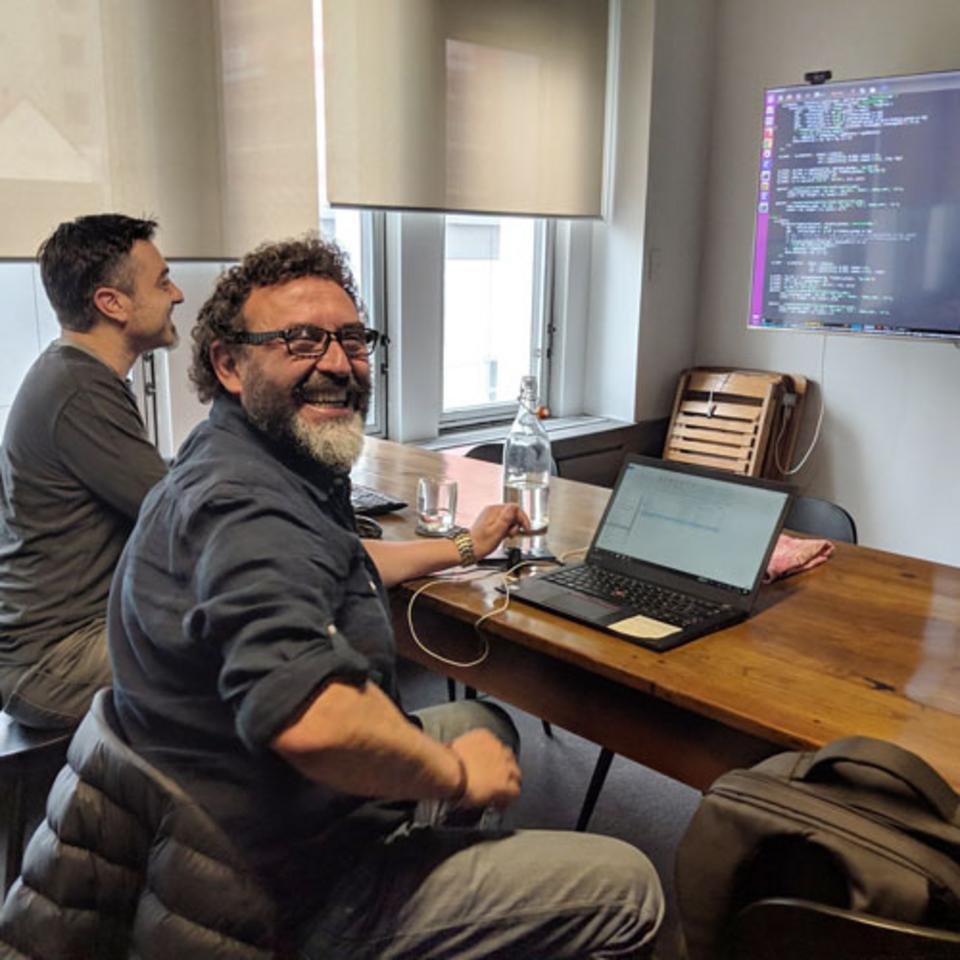Luis Adasme, an analyst from the Chilean fisheries research institute IFOP, was hosted by Dragonfly for 5 weeks to create the first seabird risk assessment for Chilean fisheries.
He worked closely with Yvan and the pair used Dragonfly’s coding and scripts. “The result is a good basis for a discussion and may lead to more specific studies and inform their decision-making and bycatch management,” says Yvan.
The idea to collaborate on the analysis came from networking discussions at the ACAP meeting held in Wellington in 2017.
Nathan Walker, chair of the ACAP advisory committee and principal scientist at Fisheries New Zealand says, “Collaborations between countries have a lot of benefit for improving the behaviour of fisheries and the conservation of seabirds. Chile and New Zealand share numerous seabird species because seabirds migrate across the Pacific Ocean. Some of the birds caught in Chile are New Zealand breeding birds so a reduction there will help our birds too”.
“Luis was very keen to learn from New Zealand’s experience to give him ideas on how his country’s fisheries could reduce their seabird bycatch. He took the opportunity to discuss techniques with various people around the fishing industry here,” says Nathan.
Luis also attended a Fisheries New Zealand observer training course in Nelson, hearing about how our observers are taught to identify the many seabird species and how DOC employs experts to verify identifications made by observers at sea.
“This is a two-way conversation. The Chileans have done some remarkable work looking at mitigation in purse seine fisheries and redesigned some nets, which we can learn from.”
“I’d like to acknowledge the significant support from Dragonfly that enabled this collaboration to happen and to be so successful.”
Luis was enabled to come to New Zealand through an ACAP secondment and was supported by Fisheries New Zealand, DOC and IFOP (Instituto de Fomento Pesquero) where he works as a senior analyst.
See a news story about the signing of a New Zealand partnership with Chile to protect seabirds.
Read about our seabird work with fisheries scientists in Japan


